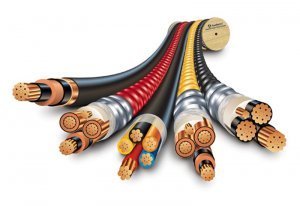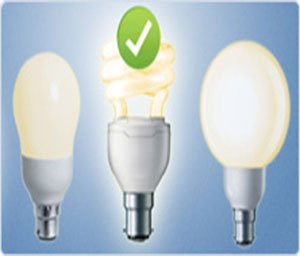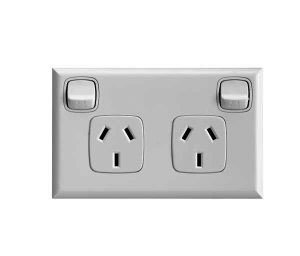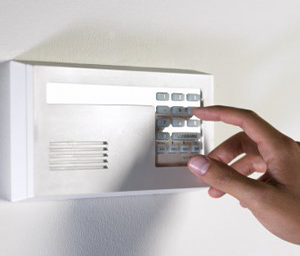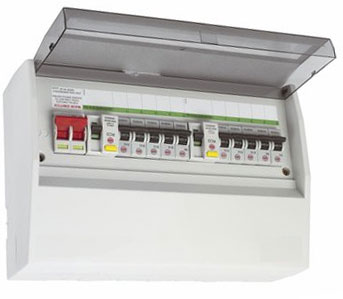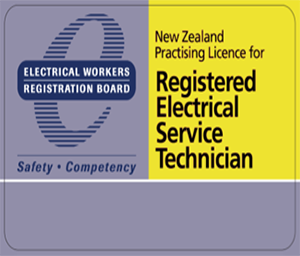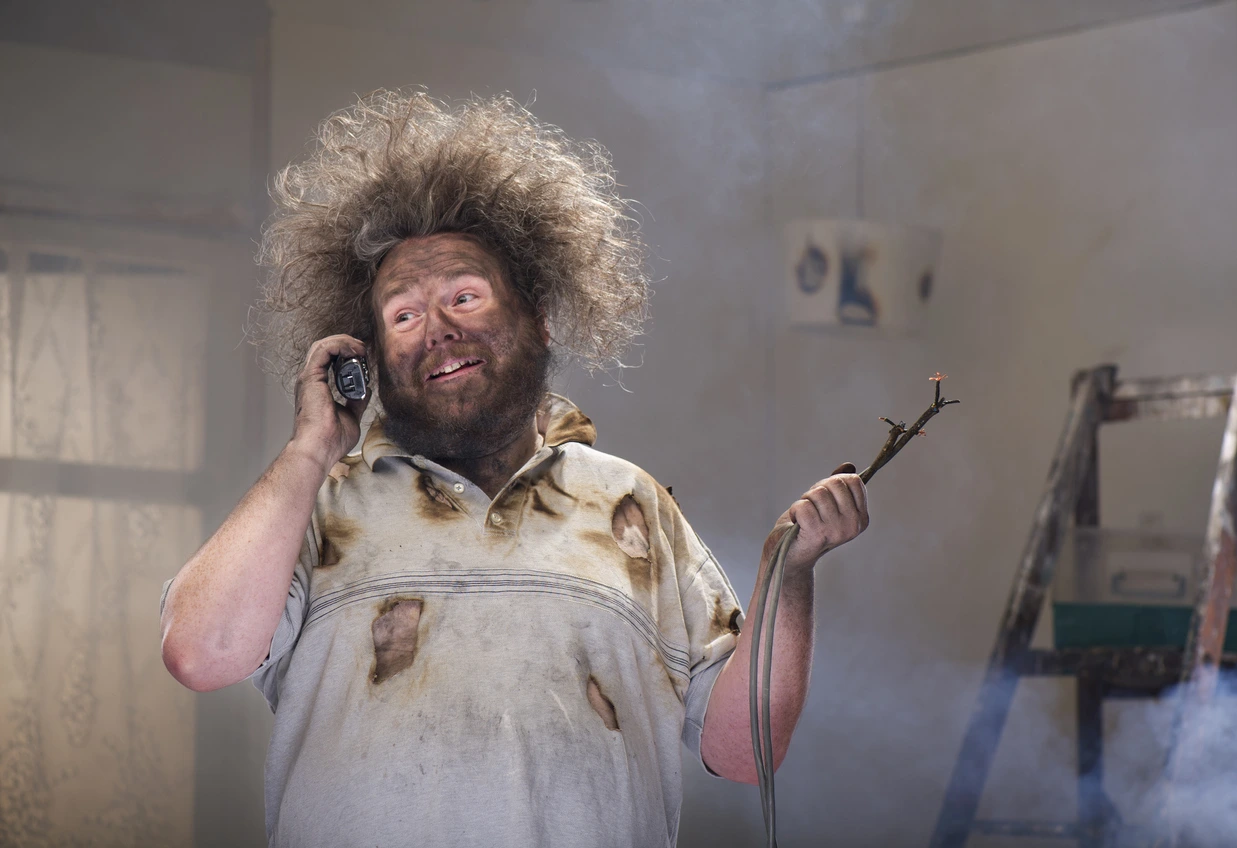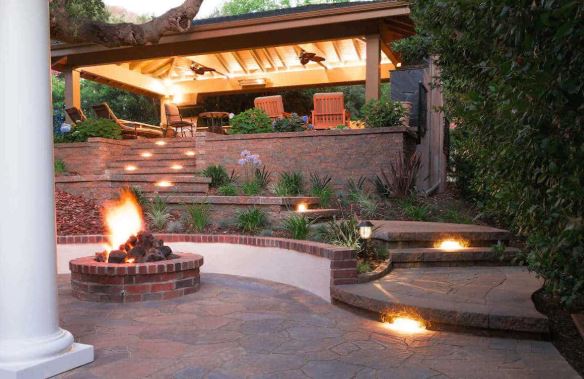
What do you want from your exterior lights? To increase security? To create a romantic mood? To highlight aspects of your garden or landscaping?
Today, lights do all these and more. They can act as deterrents to burglars (see our post Home Security Systems – Choosing the best option), they can provide privacy, and they can even help you with household chores.
Many of us do not see our homes in daylight for much of the year – except at weekends. We leave for work before daybreak and arrive home after dark so chores like hanging out washing or putting out rubbish are done in the dark. Exterior lighting that guides you to the clothesline or the front gate reduces the likelihood of accidents, and makes it possible to get these chores done quickly and easily.
Safety when entering and exiting garages or carports is important to us all. It can be nerve-wracking to get into or out of your car in complete darkness. Lights on either side of your garage doors, which come on when a sensor is tripped, increase security while also helping you reach your front door without tripping over obstacles.
Instead of a sensor, you might prefer your exterior lights to be on a timer so they turn on and off at set times. This is particularly useful in commercial situations where staff need to access car parks after dark.
Garage door openers are never more useful than when connected to specific lights. This means that whenever you hit the “open door” button on your remote, it automatically triggers the lights. By the time you pull up at your house, the garage door is open and the lights are on.
Sometimes, functionality is less important than effect. For example, if you have a specimen tree that looks fabulous when lit-up, you could consider installing exterior lighting for this purpose. Or, if you have paths winding through your garden, they would look delightful with tiny lights all along them. Garden lighting can give depth to a property and help bring the outside in. Fortunately, garden lighting is low voltage, so beds do not need to be dug up for cables to be laid. Instead, they can sit just under the surface.
Water features such as fountains look stunning at night when lit from below and functional areas like spa and swimming pools can be infused with mystique when discreetly lit.
So, think about the effect as well as the function when choosing exterior lights for your property.






